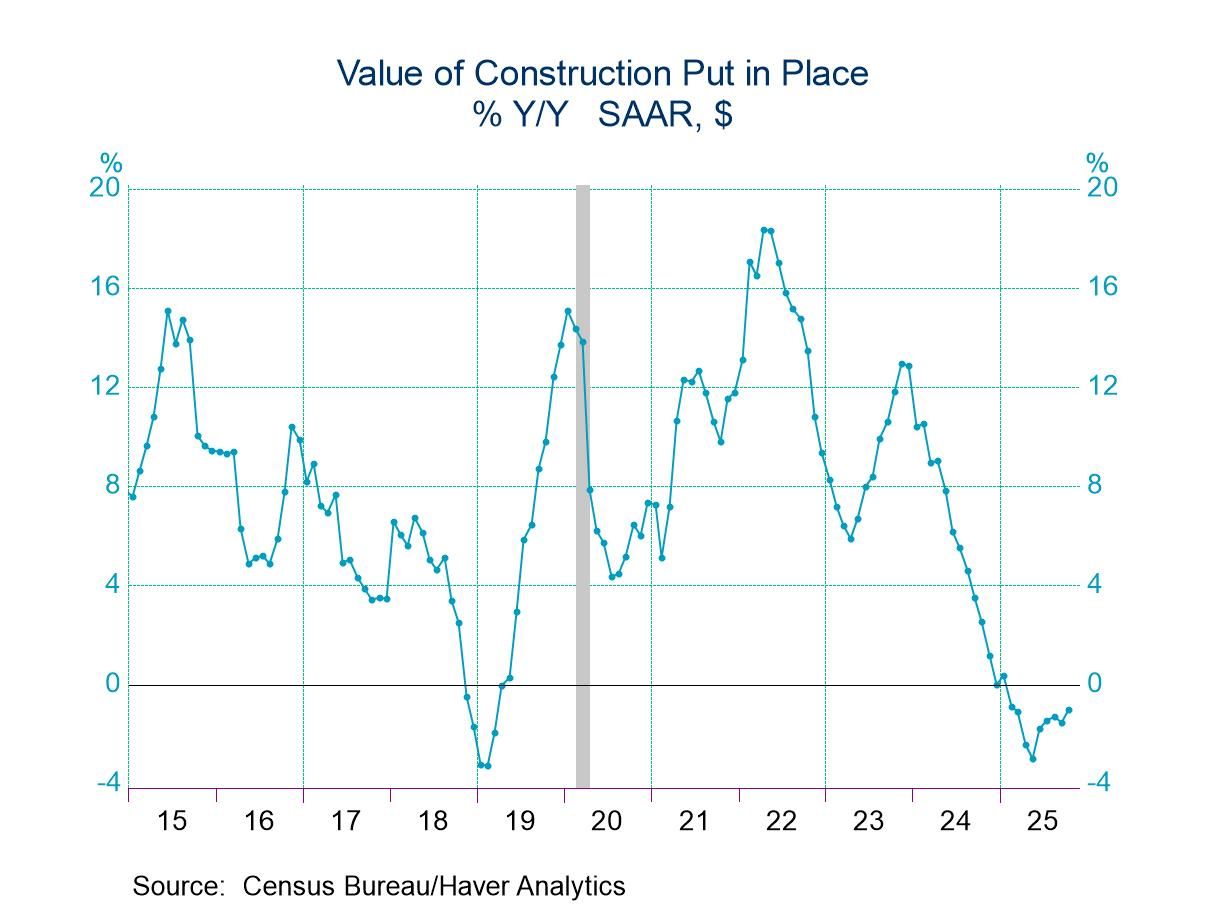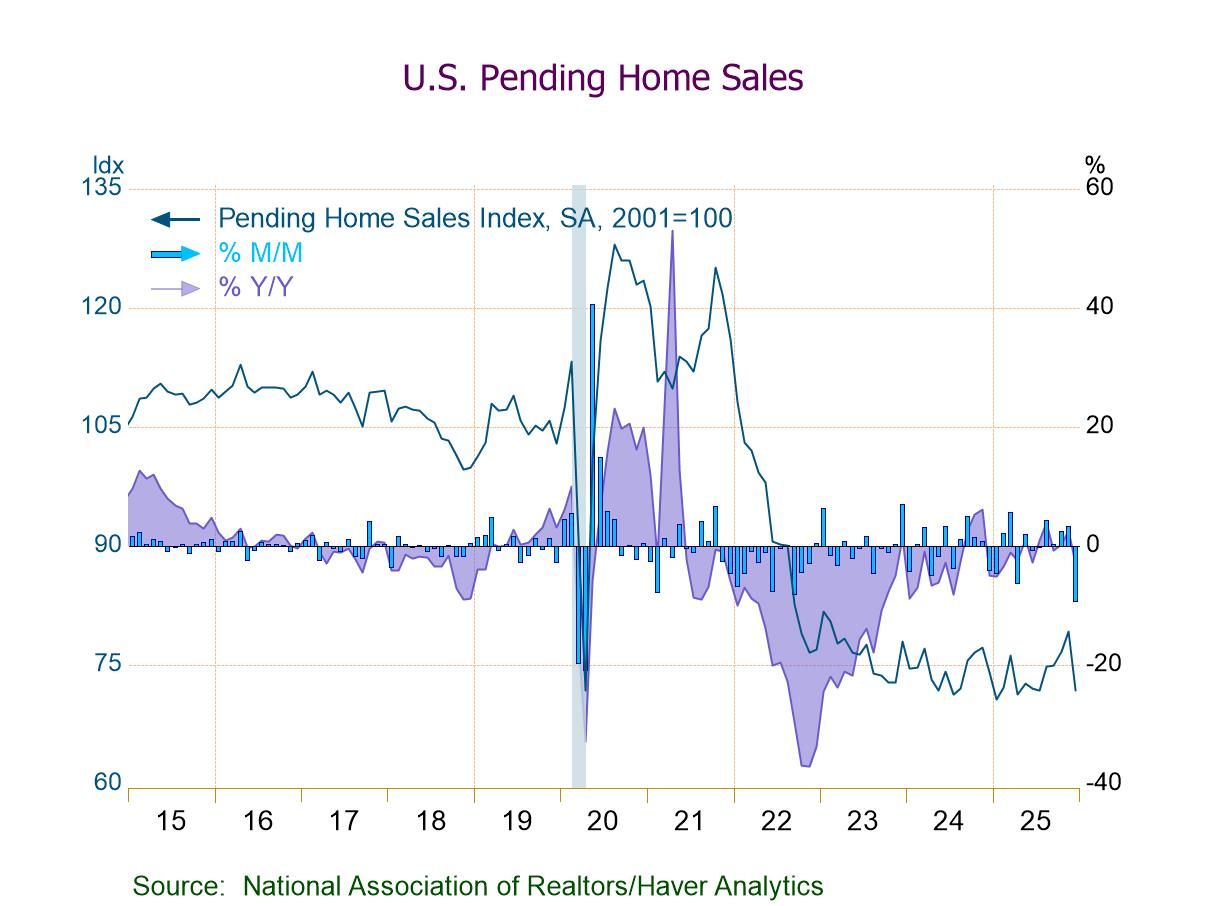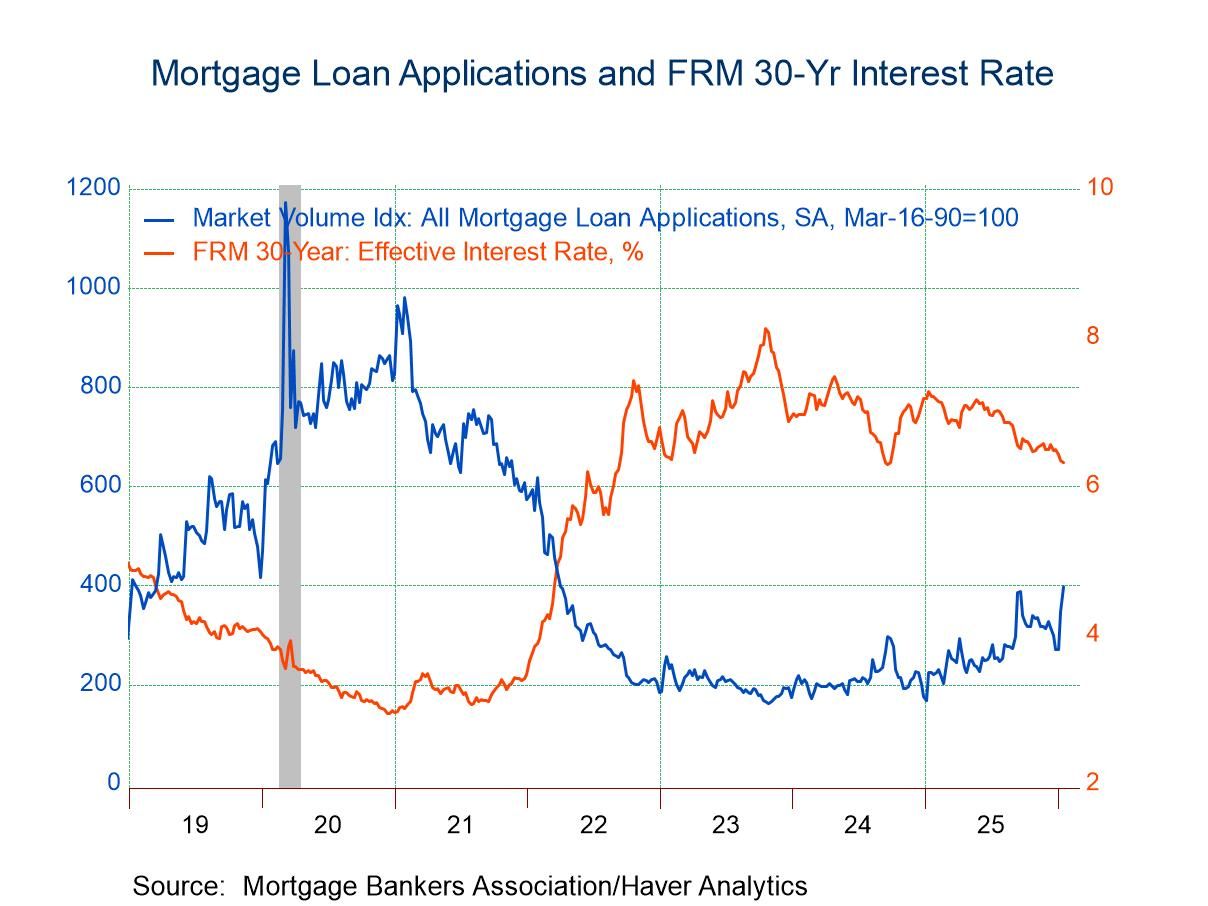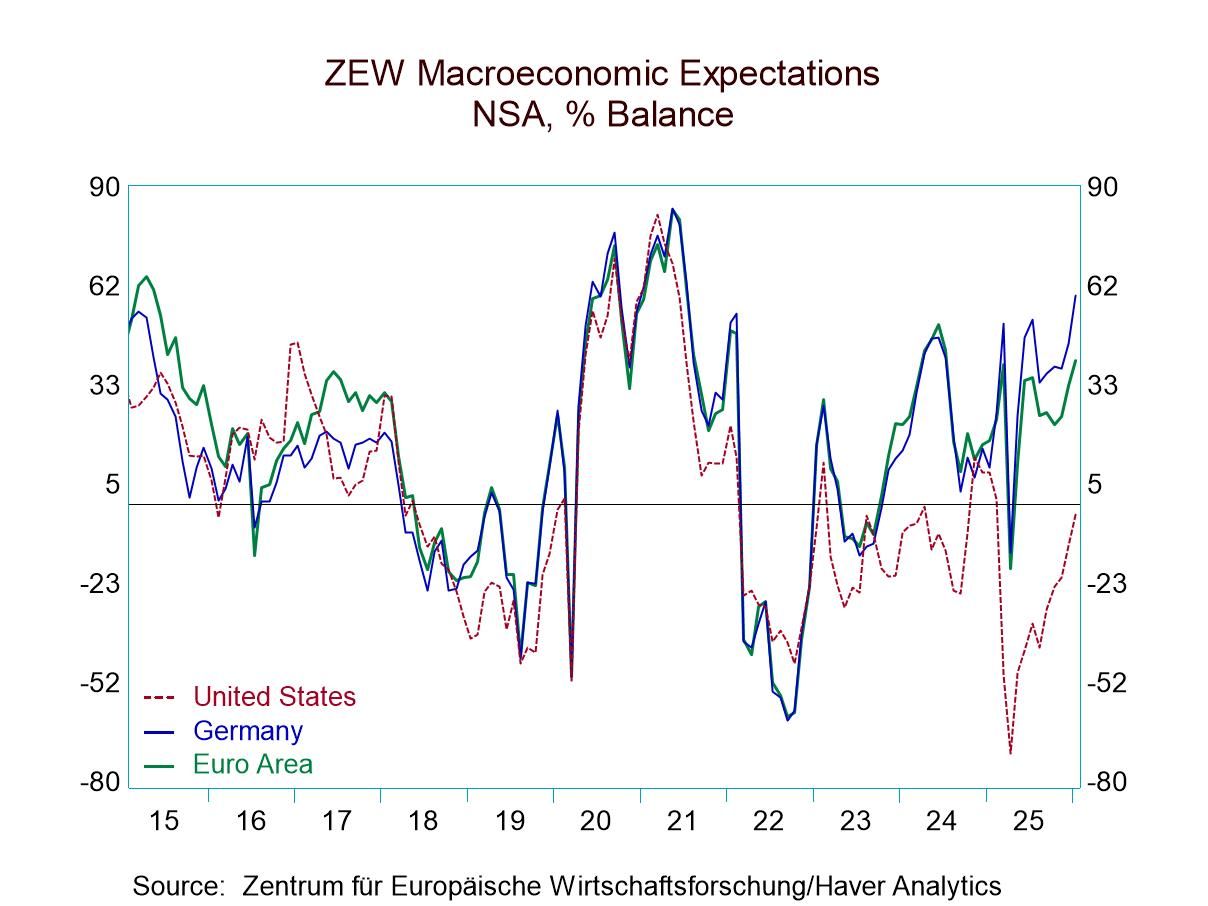 Global| Jan 05 2009
Global| Jan 05 2009ISM Index Fell To The Lowest Since 1980
by:Tom Moeller
|in:Economy in Brief
Summary
On Friday, the Institute for Supply Management (ISM) reported that its December Composite Index of Activity in the manufacturing sector fell further to 32.4, the lowest level since the recession year of 1980. The index fell 3.8 points [...]
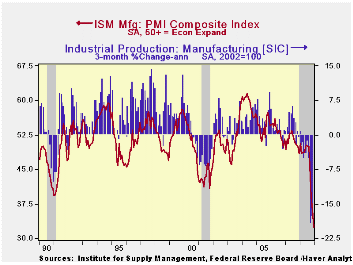
On Friday, the Institute for Supply Management (ISM) reported that its December Composite Index of Activity in the manufacturing sector fell further to 32.4, the lowest level since the recession year of 1980. The index fell 3.8 points from November for the sixth consecutive monthly decline. The break-even level for this diffusion index of factory sector activity is a level of 50.
During the last twenty years there has been a 64% correlation between the level of the Composite Index and the three-month growth in factory sector industrial production.
It is appropriate to correlate the ISM index level with factory sector growth because the ISM index is a diffusion index. It measures growth by using all of the positive changes in activity added to one half of the zero change in activity measures.
The separate index of prices paid fell another 7.5 points to 18.0 which remained the lowest level since 1949. During the last twenty years there has been a 79% correlation between the price index and the three-month change in the PPI for intermediate goods.
During the last three months the ISM index composite index fell by nearly eighteen points, the steepest three-month decline since 1981, near the beginning of that year's recession. The current index level is, in addition, below the level reached during that downturn suggesting that the current drop in factory sector activity will exceed the five-to-seven percent rates of decline reached then.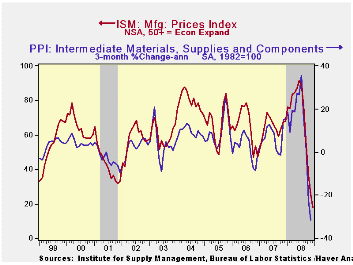
The new orders index during December fell to a record low of 22.7. Only 5% of survey participants reported higher orders while 64% reported that orders fell. The export order index continued to reflect economic weakness outside of the U.S. as it fell to 35.5, the lowest level in this index's short twenty year history. During the last ten years there has been a 53% correlation between the index and the q/q change in real exports of goods in the GDP accounts.
The production sub-series also fell to a record low of 25.5, off 26 points during the last six months. Sixty percent of survey participants reported lower production while seven percent indicated that production rose. In addition, the employment index fell 4.3 points to 29.9, the lowest reading since 1981. Fifty percent reported that they reduced employment. During the last twenty years there has been a 67% correlation between the level of the ISM employment index and the three-month growth in factory sector employment.
Deficits, Debt and Looming Disaster from the Federal Reserve Bank of St. Louis can be found here
| ISM Mfg | December | November | December '07 | 2008 | 2007 | 2006 |
|---|---|---|---|---|---|---|
| Composite Index | 32.4 | 36.2 | 48.4 | 45.6 | 51.1 | 53.1 |
| New Orders Index | 22.7 | 27.9 | 46.9 | 42.1 | 54.3 | 55.4 |
| Employment Index | 29.9 | 34.2 | 48.7 | 43.3 | 50.5 | 51.7 |
| Prices Paid Index (NSA) | 18.0 | 25.5 | 68.0 | 66.5 | 64.6 | 65.0 |
Tom Moeller
AuthorMore in Author Profile »Prior to joining Haver Analytics in 2000, Mr. Moeller worked as the Economist at Chancellor Capital Management from 1985 to 1999. There, he developed comprehensive economic forecasts and interpreted economic data for equity and fixed income portfolio managers. Also at Chancellor, Mr. Moeller worked as an equity analyst and was responsible for researching and rating companies in the economically sensitive automobile and housing industries for investment in Chancellor’s equity portfolio. Prior to joining Chancellor, Mr. Moeller was an Economist at Citibank from 1979 to 1984. He also analyzed pricing behavior in the metals industry for the Council on Wage and Price Stability in Washington, D.C. In 1999, Mr. Moeller received the award for most accurate forecast from the Forecasters' Club of New York. From 1990 to 1992 he was President of the New York Association for Business Economists. Mr. Moeller earned an M.B.A. in Finance from Fordham University, where he graduated in 1987. He holds a Bachelor of Arts in Economics from George Washington University.



